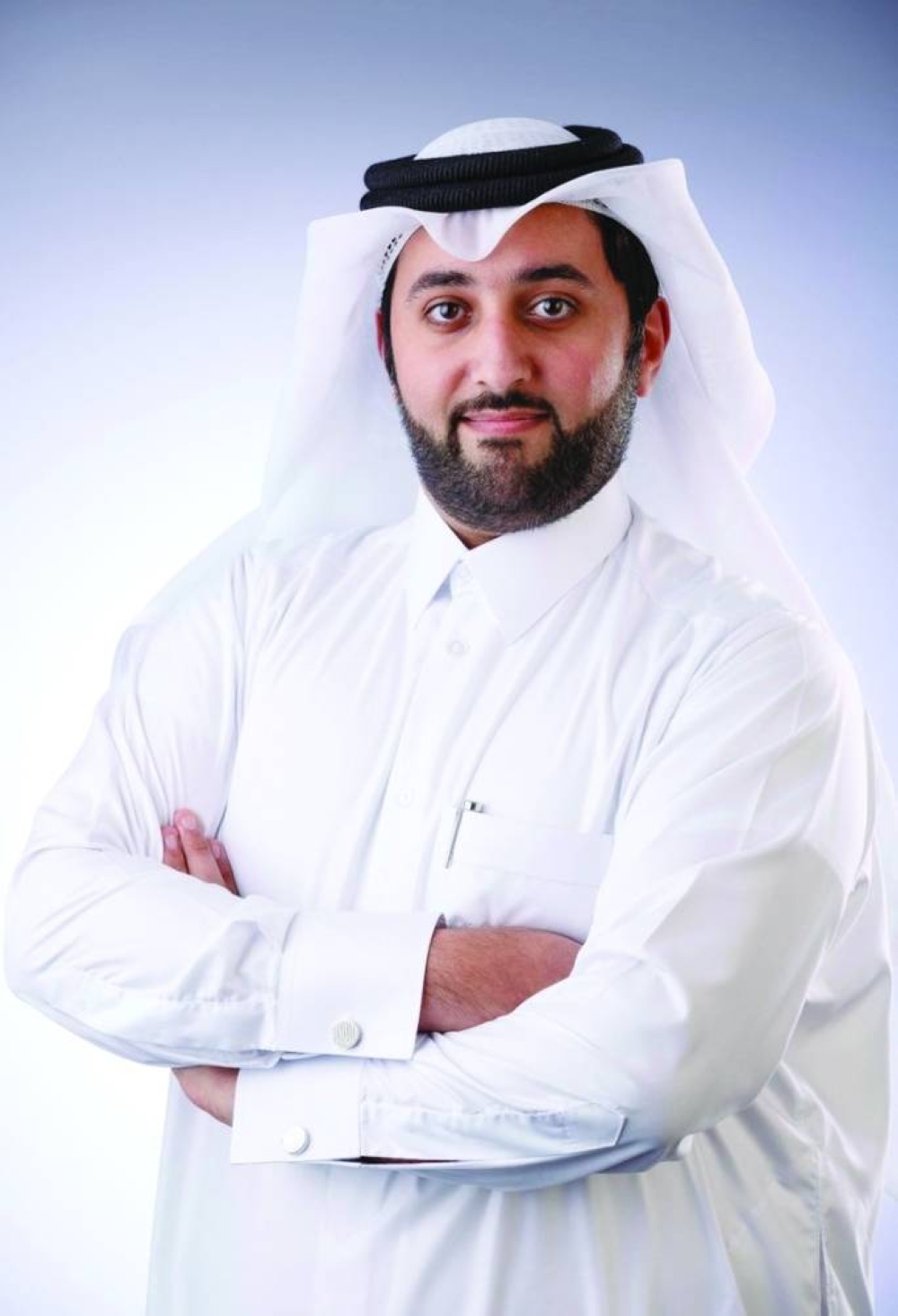Director of the Communications Regulatory Authority (CRA)’s Technical Affairs Department, Ali al-Suwaidi, has revealed that the average daily data usage during the FIFA World Cup Qatar 2022 was 2,828 terabytes (TB), with an average download speed of 276Mbps on the 5G network, and an average upload speed of 15Mbps.
He added that the average volume of voice calls made during that period amounted to about 4mn minutes per day with a success rate of 99.8%.
In an interview with the Qatar News Agency (QNA), al-Suwaidi said that the CRA recorded unprecedented figures during the World Cup in frequency spectrum management, and it issued more than 25,000 authorisations for radio applications and equipment.
In addition, more than 20,000 radio devices and equipment had undergone spectrum testing procedures and obtained the required tag, which enabled those licensees to use them at the tournament's official venues.
Al-Suwaidi said that the CRA allocated more than 3,700 frequencies to all parties, including an exclusive frequency band for the assistive listening system so that people with special needs can enjoy the atmosphere of the matches from within the World Cup stadiums, along with other frequencies dedicated to football technology and innovation.
This, he said, played a crucial role in the management of matches and the analysis of their progress.
The official said that among these technologies were semi-automatic offside technology to help identify cases of offside, video assistant referee (VAR) technology, goal line technology, direct player and ball tracking technology, and wireless communication technology between referees.
On the most prominent features of co-operation with telecom companies, he said the CRA has updated the registration procedures for obtaining a prepaid SIM card, in co-operation with Ooredoo Qatar and Vodafone Qatar, to ensure an improvement in the experience of consumers of mobile communications services while maintaining regulatory requirements.
Al-Suwaidi said that about 665,500 mobile phone SIM cards were registered following these procedures using the "Hayya" card, which was used as an identification document for the applicant.
He said that about 117,000 of those SIM cards were recorded by fans (remotely), relying on digital tools and artificial intelligence (AI) technology to verify identity digitally.

Ali al-Suwaidi
